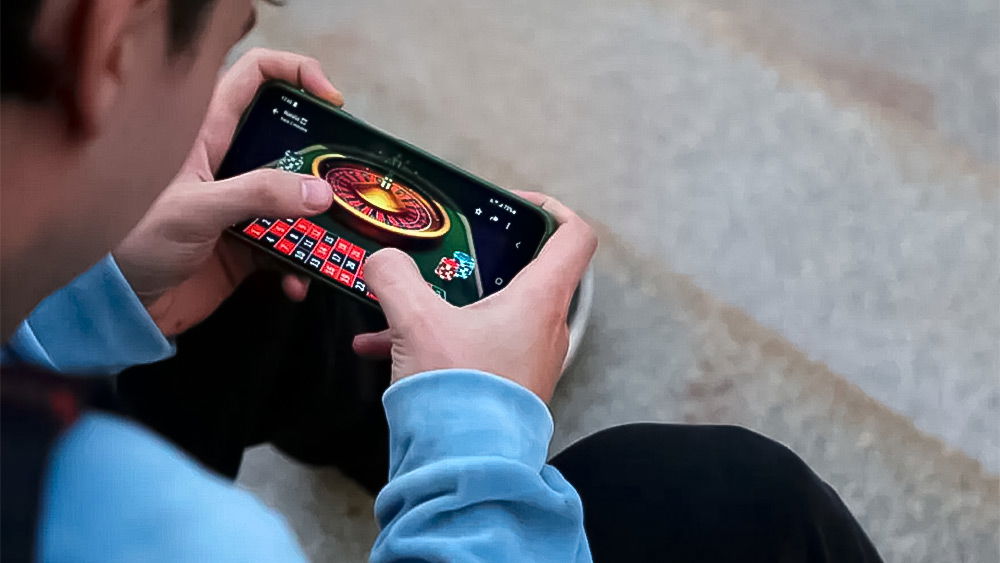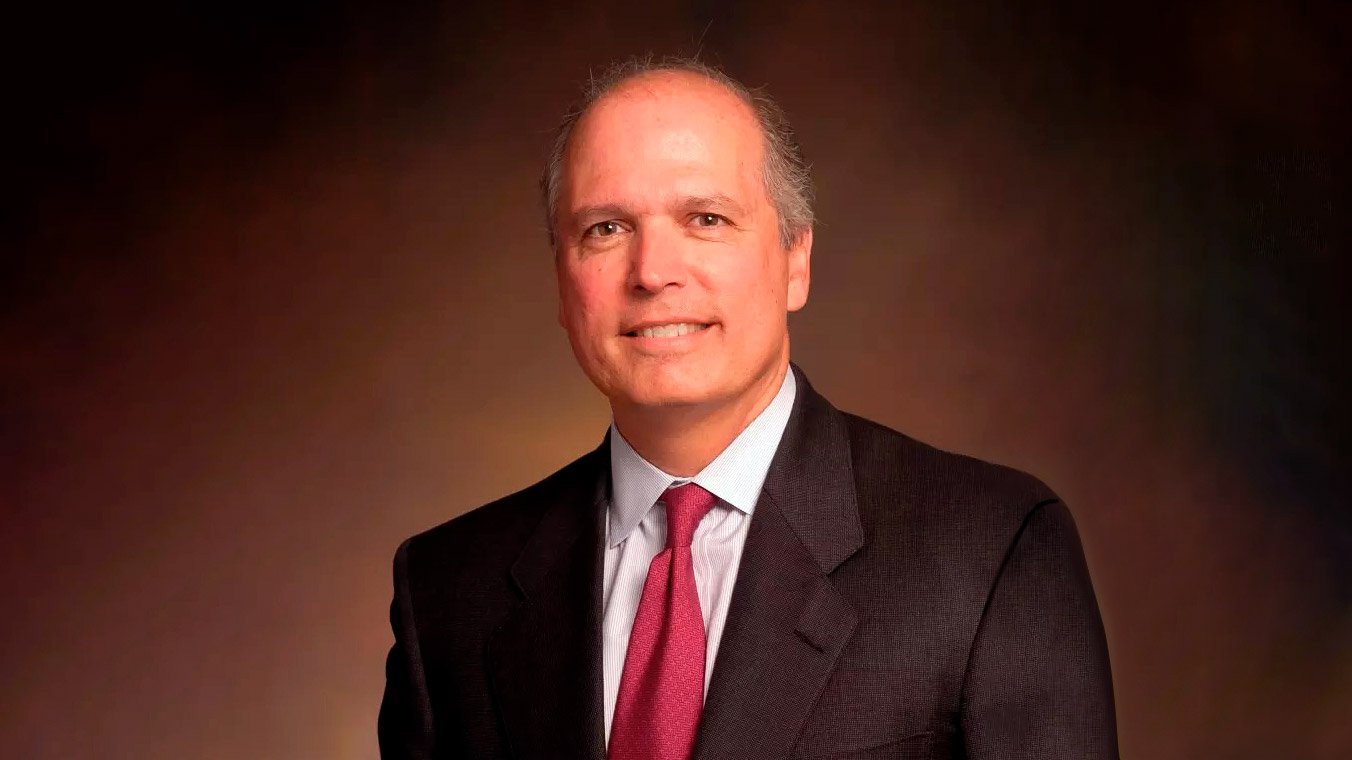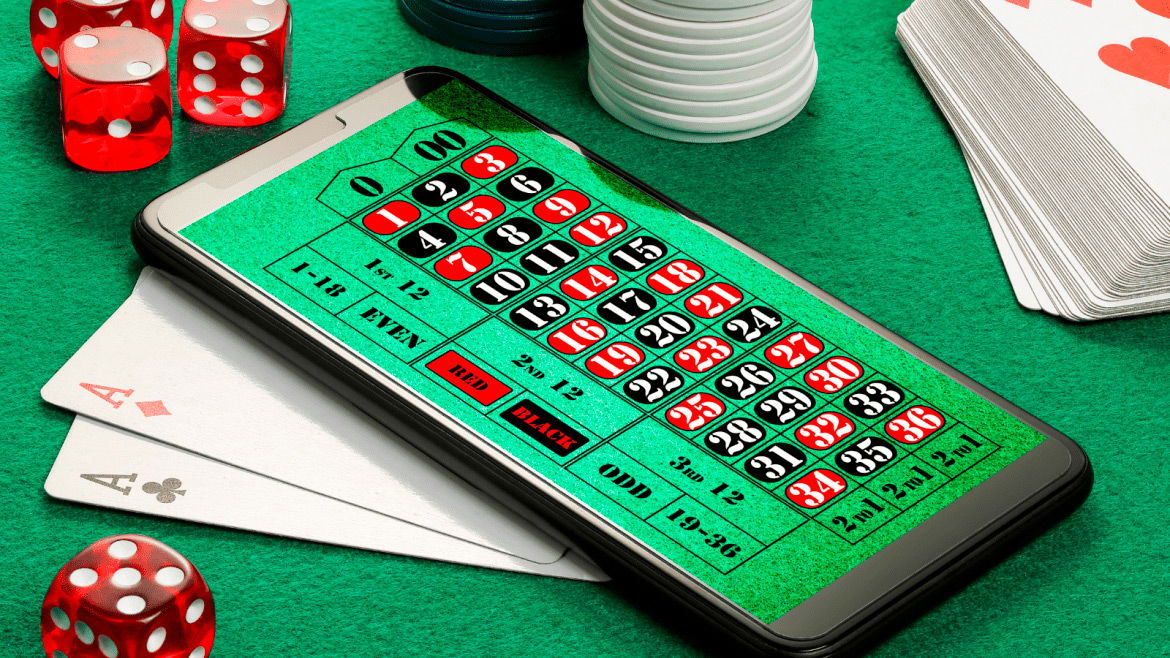NSW to escalate action against establishments breaching rules banning gambling-related signage

Liquor & Gaming New South Wales (L&GNSW) is escalating actions against establishments that breach new state laws on gambling-related signage. From December 1st, the regulator has pledged to adopt a zero-tolerance approach and to implement stepped-up measures against venues with illegal signage, marking the third and final stage of its signage compliance program.
The new rules, effective from September 1st, prohibit external signage promoting gambling, as well as any internal gambling-related signage visible from the exterior of establishments. This includes pubs and clubs and extends to fixed awning signs, digital video screens, and other forms of visual advertising.
Specific names such as VIP Room/Lounge, Golden Room/Lounge, Players’ Room/Lounge and Prosperity Room/Lounge, as well as images of dragons, coins, or lightning motifs, are also covered by the ban.
By October, L&GNSW reported that 99% of venues in NSW had complied with the new rules and removed the prohibited signage. However, action has been taken against some establishments that continued to display gambling-related signs.
Notable cases include the Royal Hotel in Granville, where inspectors identified external signs using cartoon imagery promoting the hotel’s restaurant, ‘Mr. Choy’s Wok’, similar to that used in the ‘Choy’s Kingdom’ electronic gaming machine.
At the Stardust Hotel in Cabramatta, which was required to remove signage attempting to circumvent the ban, inspectors found animations of a panda holding and chewing on a branch or plant similar to those used in the ‘Panda Magic’ electronic gaming machine.
David Harris, NSW's Minister for Gaming and Racing, said: “Any signage that attempts to circumvent the prohibition on gambling-related signage will be met with an escalated enforcement response. This includes the use of animations, symbols or characters commonly associated with gambling, poker machine graphics or gambling franchises."

Since the ban's implementation in September, L&GNSW inspectors have visited over 1,200 establishments across 53 local government areas (LGAs) in NSW, including 19 regional LGAs, representing over 55% of the state's venues with gaming machines. Inspections indicated a high rate of compliance.
“By now, venue operators should have a full understanding of the requirements and all illegal signage should be removed. Removing this signage is just one important part of our commitment to gambling reform to reduce harm and tackle money laundering head-on in NSW," Harris stated.
The maximum penalty for venues failing to remove their signs and violating the Gaming Machines Act is AU$ 11,000 ($7,260) per offense. Failing to comply with a legal directive issued under the Liquor Act is also an offense attracting a maximum penalty of the same value. Both offenses are grounds for disciplinary action.
Beyond the signage issue, the NSW government has implemented several other measures to strengthen responsible gaming. Since March, the cash input limit for all new poker machines was reduced from AU$ 5,000 ($3,300) to AU$ 500 ($330), effective from July 1st.
The state cap on gaming machine entitlements was also reduced by about 3,000, and political donations from clubs involved in gaming are now banned. An independent panel has been established to oversee a comprehensive cashless gaming trial in NSW.
The government also announced a new AU$ 100 million ($66 million) fund for programs against gambling harm, funded by redirecting a fine of the same value imposed on Star Entertainment in October 2022.
The NSW government has also confirmed a tax increase for physical casinos, effective from July 1st this year. Changes include raising the discounted gaming tax rate from 10.0% to 12.5% and the undiscounted table game rate from 17.91% to 20.25%. Rates for poker machines (pokies) will remain unchanged until 2024, when they will start to incrementally increase until 2030.
















































